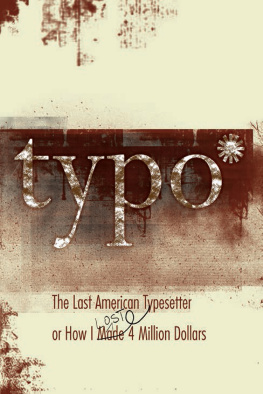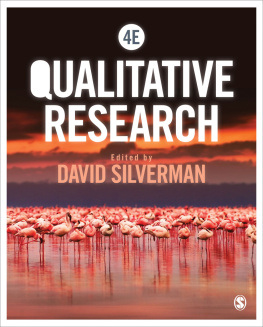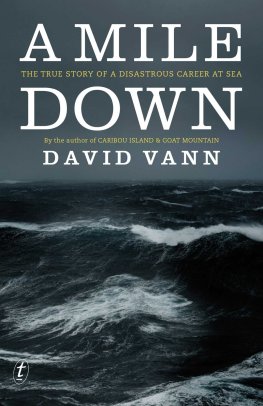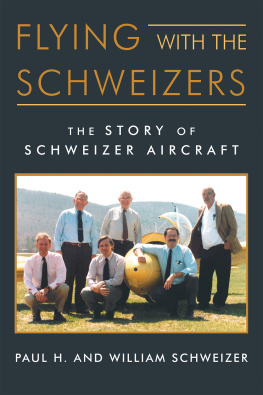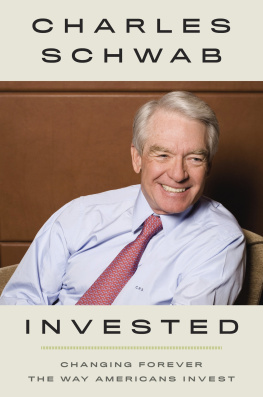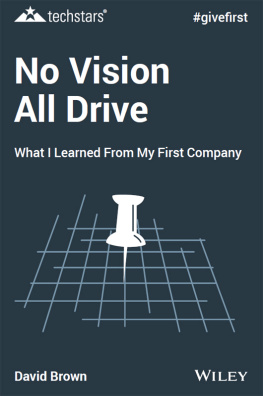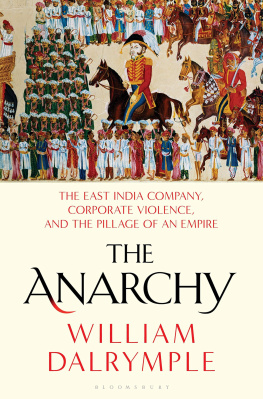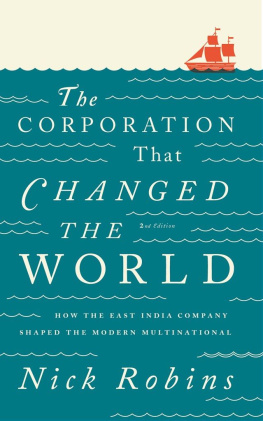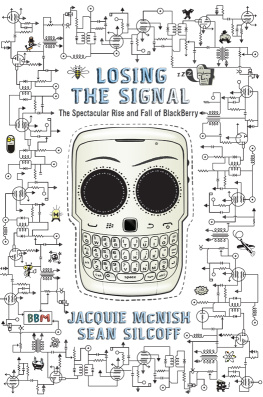Table of Contents
Guide
Page List

For Dan Coyne and my father .
Two men who I once thought had all the answers .
I forgive you .
Table of Contents
September 1999
D AN AND I DROVE SOUTH THROUGH I OWA on Interstate 29 in our standard-issue rented white Ford Taurus, passing exits for what appeared to be only fields. After forty-five minutes Dan gave in and lit up a cigarette, hanging his arm out the passenger window and trying his best to blow the smoke outside. I coughed, but didnt begrudge my friend, partner, and boss his one weakness. He was, after all, in charge.
Nearing sixty, Dan was an old school, button-down executive and I suspected he hadnt taken off his ancient houndstooth jacket since leaving home in Baltimore that morning. A self-described wrong side of the tracks Irishman, he looked more like a corporate version of George Carlin than the worlds foremost expert on typesetting, and he smelled like a country singer, all hair tonic and Benson and Hedges cigarettes. His bronze-to-grey hair was nearly the same color as his leathery skin and thinning, but not so thin that he couldnt get it puffed up every morning with rigorous combing. He was thinking, as always, about his plans: how to remake the company wed just bought, how to beat the East Indian competitors, how to take the company public, how to roll up the typesetting industry and make us millionaires.
Those potential millions were both the first thing on my mind and the lastfirst because, quite obviously, I wanted to be a millionaire, and they would let me pay back my father his retirement money. They were the last because I had Dan, and he had taught me, millions are easy, kiddo; building a company that will endure is hard. He should know, he had made millions for every boss hed worked for, but never for long enough to get any of it for himself. We had worked together for more than four years at two companies where he had been my boss and I had been his loyal, tech-guy ward. Both companies had been run by narrow-minded men who had thwarted Dans typesetting dreams and had been the worst kinds of owners: lying, greedy, and uncaring.
Like my father, he had told me repeatedly that the good guys ultimately win in business. When we closed on the purchase of the fifty-year-old Clarinda typesetting company two weeks ago, the good guys, we believed, were winning. The benevolent capitalist was now the CEO of his own company. Without my asking, he had made me, who had never owned anything, an equal shareholder with him, increased my salary a third over my previous job to a hundred and thirty thousand a year and bestowed on me, who had never been the boss of anyone, the title of President.
We turned off at the green-and-white highway sign for the town of McPaul. McPaul had four pairs of railroad tracks, two houses, a closed post office, closed gas station, and closed antique store. No more than a mile beyond, we crested a hill and then: nothing.
Or rather, my city boy idea of nothing: farmland. From the top of this crest I could see twenty miles and there was only one building: a corrugated steel Quonset hut that had been crushed by some natural disaster, lying in a field like a deity-discarded soda can. Every other corner of the world was corn, soybeans, or skya third-graders watercolor of blue, green and harvest gold.
There must be states covered in tomatoes or cucumbers or radishes or whatever else is in the grocery store because Iowa doesnt have them. I asked a local, Whats that? Corn. And that? Soybeans. Aside from the occasional cattle or pig farm that was the only agriculture I saw.
We arrived in Clarinda an hour and a half after leaving Omaha. Clarinda had a town square and a mixture of manicured Victorian and vinyl-sided ranch houses. Just over five thousand people lived in what was the biggest urban center with the only movie theater for twenty miles around. The Clarinda tourism brochure highlighted other distinctionsClarinda was the birthplace of Glenn Miller (he left when he was two), the birthplace of 4-H (contested by at least one other town, in Illinois), and the home of the largest indoor swimming pool in Southwest Iowa (leaving one to assume that somewhere to the north and east lies a much more substantial indoor pool). Keeping up with the times, Clarinda has staked an additional claim as the locale where the hamburger was invented by a Mr. Bert Grey, who employed a German chef of the eponymous town (contested by just about everybody).
It was nearly ten oclock, so we went straight to the brand new Super 8 motel at the edge of town. Although chain motels appear to be all the same, I, as an experienced business traveler, could spot the minute gradations in quality the way an Olympic judge could tell the difference between a 9.7 pommel horse routine and a 9.6. Do they serve three kinds of stale muffins for breakfast or two? Is the morning orange drink thicker or thinner than water? Is there a morning orange-flavored drink?
The Super 8 was a looking at a major technical deductionthere was no one at the desk. Hello? I called.
Hello! Dan said, more loudly, and put his green overnight bag down.
I looked around the corner down a hall of rooms. No one. I went and knocked on the door. When you find her, Dan said, Ill be outside smoking, and he walked out, tapping a cigarette box against his wrist.
A few minutes later a young woman came out from the room behind the counter. Oh hi! she said, I didnt know anyone was out here!
I told her we had reservations.
Look at that! she said, turning the pages of the book where my and Dans names were written with arrows across several pages. Youre staying a long time here. You must love Iowa. She smiled at me. No more than a teenager, her teeth were crooked in as many ways as she had teethwhich were not as many as there should have been. Just fill out this card with your name and company.
Its the Clarinda company, I said.
She looked at me blankly. The Clarinda company had been located on First Street for 40 years. Im sorry. Im not from around here, she said. Im from New Market. New Market was fifteen miles away.
My room had soap but no shampoo, not even the little ketchup-packet kind that you have to tear open with your teeth, but I didnt deduct any more points. It didnt really matter. Not only did I not have enough hair to warrant a complaint, I was here for much more important businessmy future millions. I fell asleep to the lullaby of long-haul trucks on the highway a dozen yards from my window carrying what sounded like giant tubs of loose metal pipes over the rumble strips intended to stop them from missing the lone traffic light in fifty miles.
The Clarinda building had its own loading dock my own loading dock! a sign it lit up at night! a cafeteria room with vending machines whatever! and over 25,000 square feet of office space that was mostly unused mine! 50% mine! All that space was a reminder of just how big the equipment required and how labor-intensive typesetting used to benot to mention how cheap office space was in Iowa.
Dan greeted the receptionist. I wasnt sure if he said Mary or Carrie, so I just smiled. She beamed back at me, the new boss from New York City with a bicycle messenger backpack slung over his shoulder for a briefcase.
My office had a distinct 70s flavor with a single fluorescent lighting block overhead, paneled walls, and a grey-orange carpet. I had inherited from the former occupant a little round conference table, a credenzamy father worked twenty-five years at IBM before he got a credenzaand a view of a cornfield. Dans office adjoined mine and was bigger. His desk, unlike mine, was made of solid wood, which, I admit, I would have liked, but his view of the cornfield wasnt as good.

